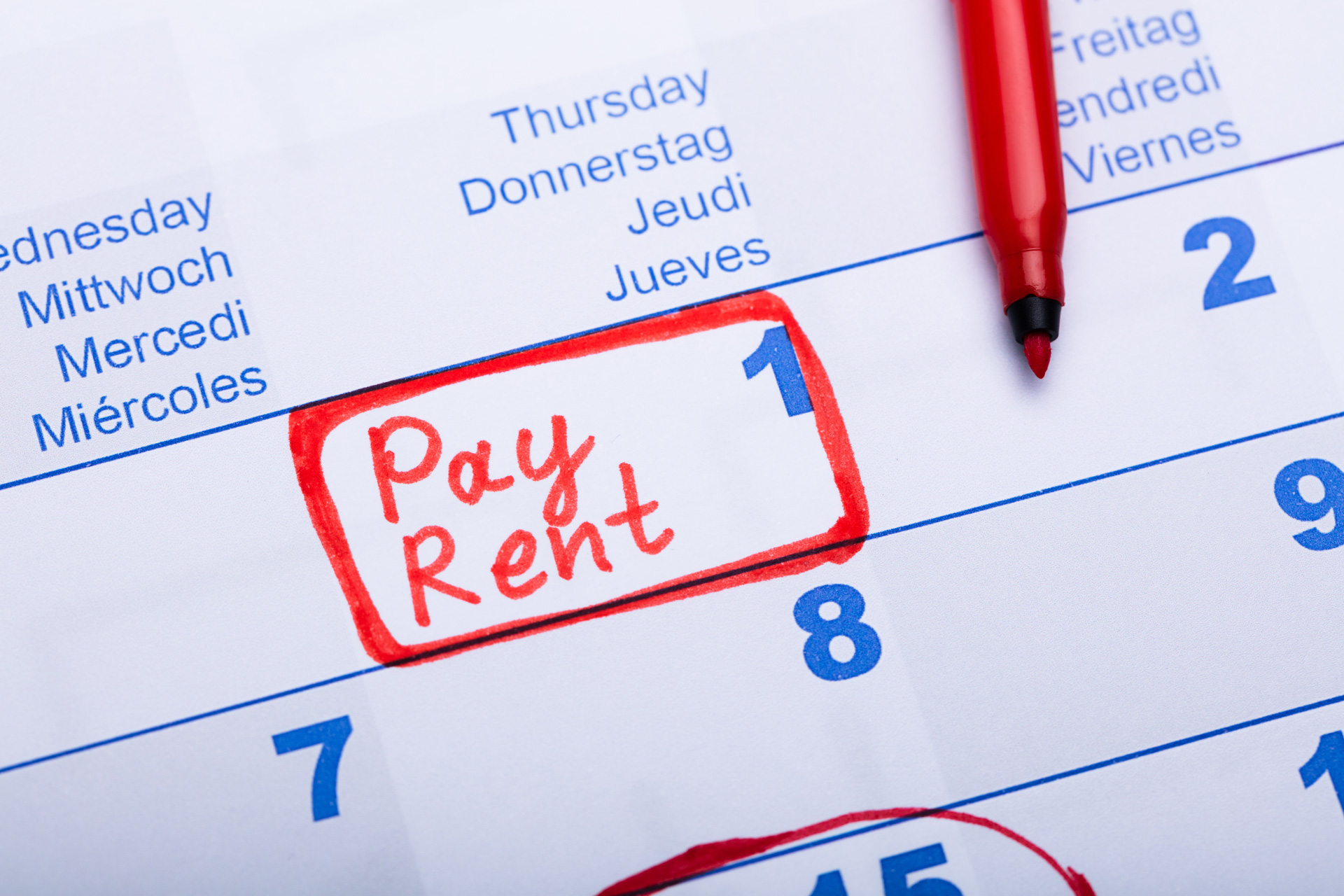As the year draws to a close, so does the deadline for many tax deductions. If you’re a real estate investor, these deductions may be more top of mind than most people. After all, one of the reasons that many people invest in real estate is not just to generate income, but also to receive some tax benefits.
To start, don’t try and save a few bucks and do your taxes on your own. If you’re an experienced real estate investor, you already know that real estate tax law is extraordinarily complex and if you’re new then take note. It will be well worth your time and money to hire a CPA to make sure you follow the best approach for your deductions and you take advantage of all of them.
Also, not every CPA is skilled in Real Estate or business deductions. You need to find someone who has many investor clients and knows and keeps up to date on all of the write offs you can take advantage of. All too often, I speak with an investor and even with a CPA they are missing out on major deductions. So when choosing a CPA, choose wisely and carefully.
Below I listed some Tax items you may be able to write off. I am not an accountant, but I work very closely with mine. So don’t take this as tax advice, but if there is anything your CPA is currently not writing off, you may want to ask them about it.
1. Depreciation
The way you depreciate an asset will differ depending on what the asset is. Different assets, such as a refrigerator or a building, will have different types of depreciation, such as straight line depreciation or accelerated depreciation. Consult your CPA to determine the type of depreciation to use and the life of each asset you are trying to depreciate.
2. Passive Activity Losses
Owning rental property is considered a passive activity. There are complex rules which apply to passive activities, but in short, they limit your ability to claim losses incurred in passive activity against other types of income.
3. Repairs
You may deduct the expense of repairs that have occurred in a given tax year. Repairs are considered work that is necessary to keep your property “in good working condition”. They do not add significant value to a property.
Improvements are seen as adding value to the property. Improvements cannot be deducted in full in the year they incurred. Rather they must be capitalized and depreciated over their life.
4. Travel Expenses
Landlords are allowed to deduct certain local and long distance travel expenses that are business related. Most people claim this in mileage.
5. Interest
You can deduct the interest you have paid on business-related expenses such as your mortgagee, car loan, and business credit cards.
6. Home Office
You can take the home office deduction if you use a part of your home exclusively as an office for your business. You must conduct the majority of your business here to claim the deduction. The amount you can deduct depends on the percentage of your home that your home office takes up.
7. Entertainment Costs
Entertainment costs mean those incurred during business dealings. For example, taking a client to your country club or giving a potential investor two tickets to the theater are entertainment expenses.
8. Legal and Professional Fees
If you hire a professional to do work for you, the fee you pay to them is deductible.
9. Employee Compensation
If you hire someone to do work for you, you can deduct the wages you pay to them as business expenses. This includes the wages of both full-time employees, such as a property manager or a live-in superintendent and part-time employees, such as a contractor you hire once to fix a roof leak.
10. Taxes
You can deduct your property taxes, real estate taxes, and sales tax on business-related items that are not considered depreciable for the year.
11. Insurance
You can deduct the premiums you paid on most types of insurance including health, accident, causality, theft, flood, fire, liability, vehicle, and health insurance for your employees.
12. Casualty Losses



